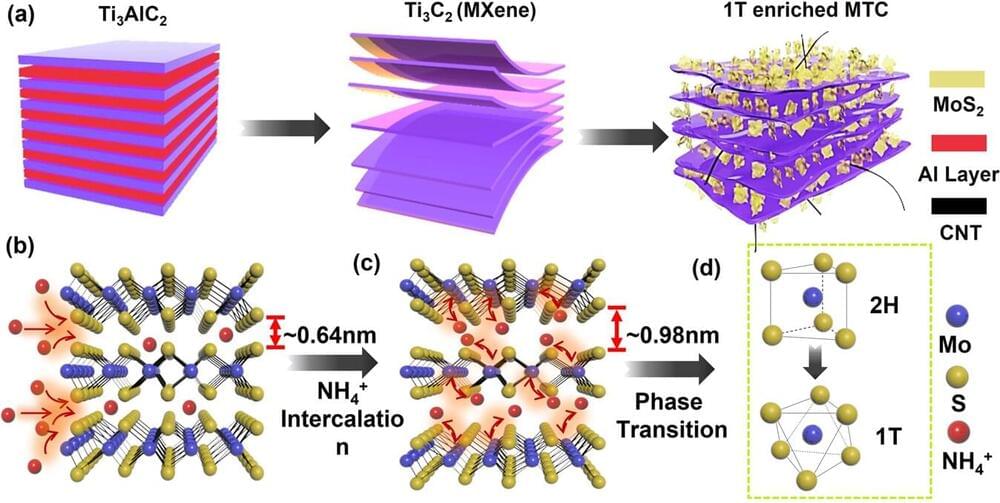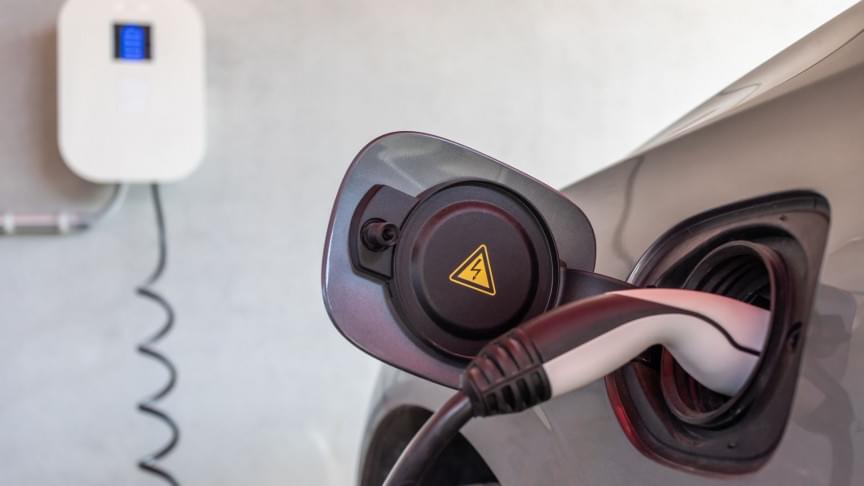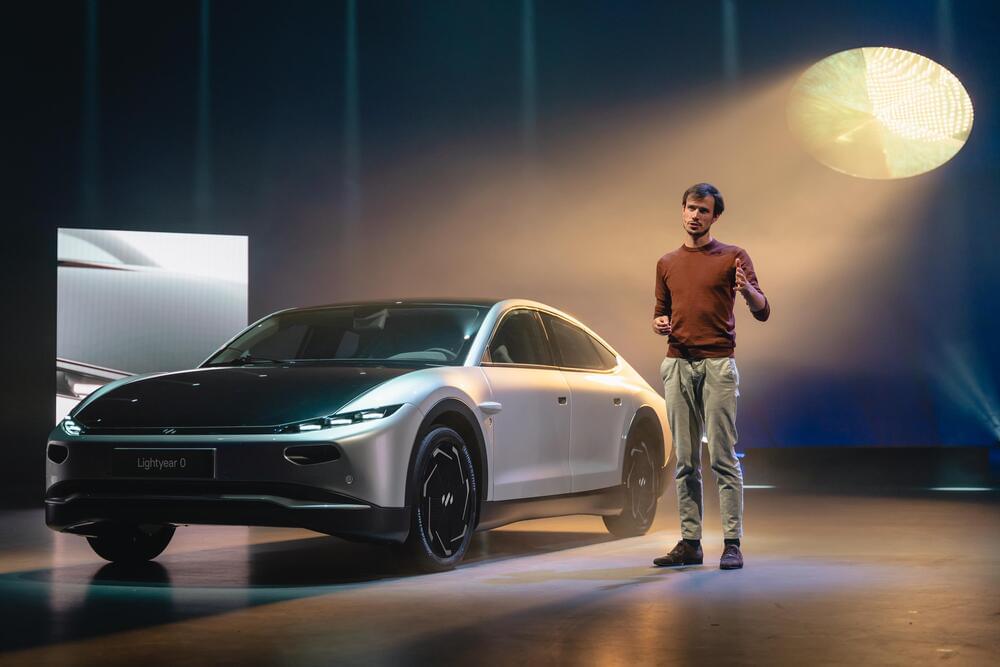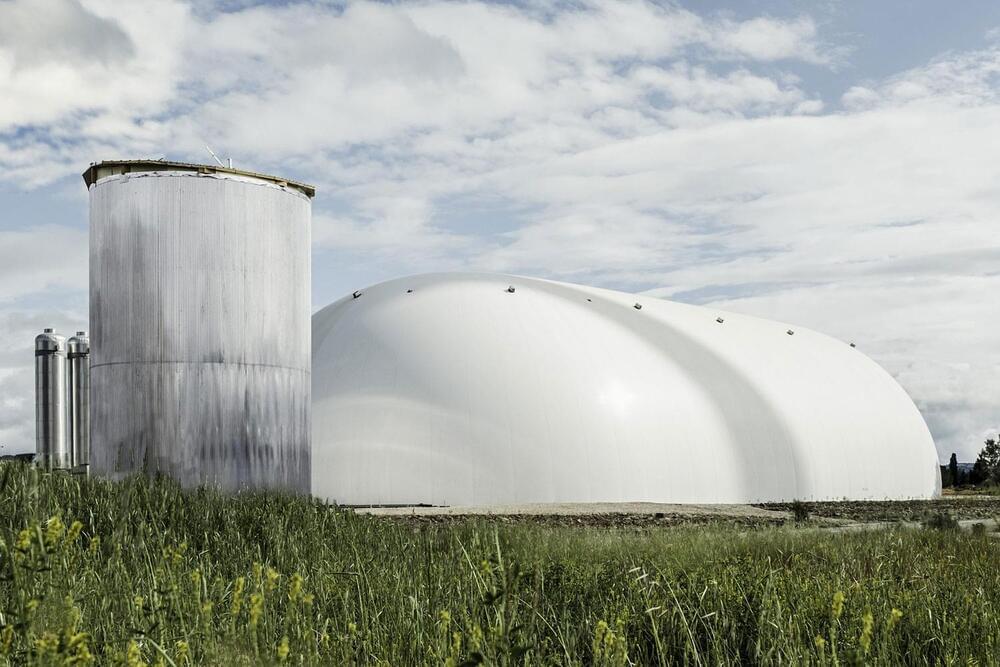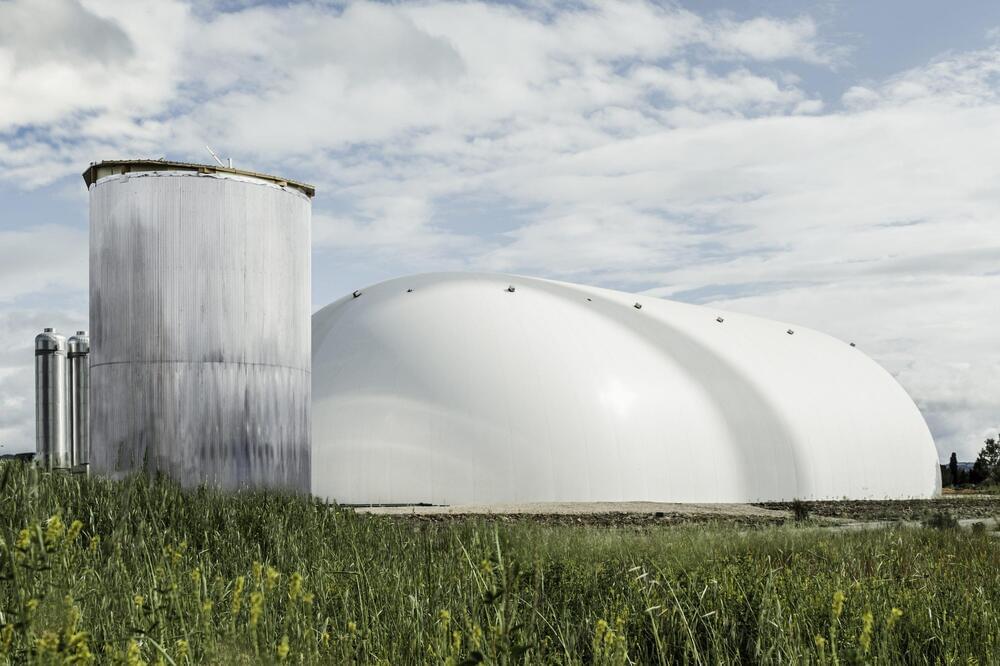Jun 12, 2022
New electrocatalyst offers hope for less expensive hydrogen fuel
Posted by Shubham Ghosh Roy in categories: chemistry, energy, sustainability
There are a handful of ways to produce hydrogen fuel without emitting carbon into Earth’s atmosphere. One involves using electricity to split water into hydrogen and oxygen.
This method, known as electrolysis, requires a catalyst that speeds up chemical reactions that occur within hydrogen fuel cells.
More often than not, this electrocatalyst is platinum, a metal so rare that it’s typically more expensive than gold, which makes the production process more costly than traditional sources of renewable energy and fossil fuels.
